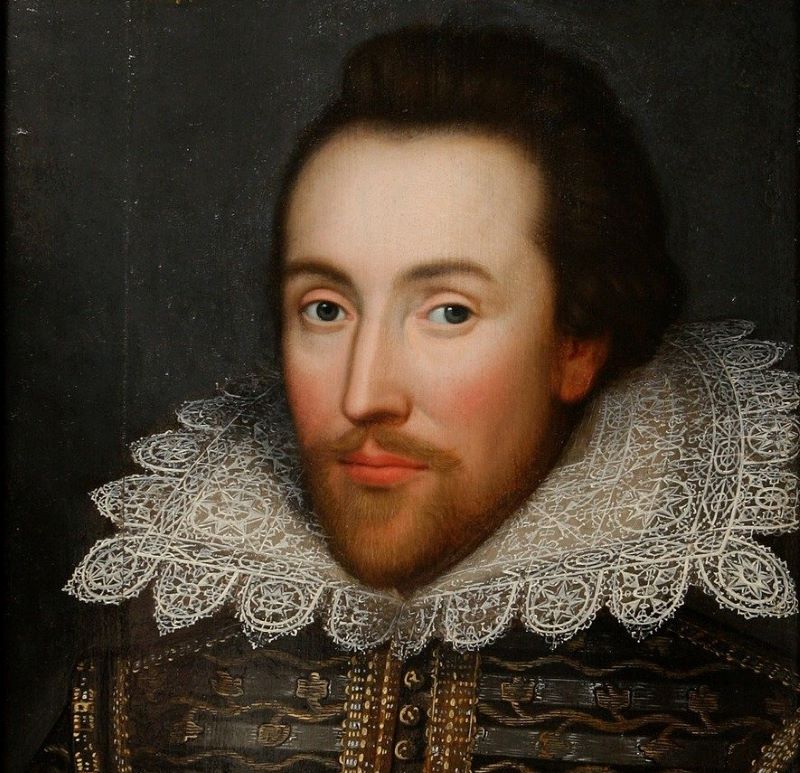
So you need to get your students both enthused by and knowledgeable about Shakespeare? How do you do it? Here's an outline of an introductory lesson which gets students to consider the fundamental 'point' of studying Shakespeare. The accompanying resource provides more detail on this back-to-basics approach.
1 Starting off
A good introductory lesson gets students to think:
- Why study Shakespeare?
- What is the point?
To start, ask students to complete a spider diagram in their books on all they know about Shakespeare. Use the 5Ws to trigger thoughts:
- What did Shakespeare do? What plays did he write?
- When did he live?
- Who were his audience?
- Where did he live? Where were his plays set?
- Why did he write? Why do we still study him?
2 Photographic discussion
Now show some dramatic photographs from Shakespeare's plays based around themes that your students will be interested in, such as:
- love
- murder
- betrayal.
Get your students to guess what is going on by discussing the photos in groups and then reporting back. Then tell them the answers, and ask them to write a short paragraph on how their ideas were similar and different to Shakespeare's. The resource includes suitable images you can use in class.
3 Putting pen to paper
After you have explored some images, you could get your students to do some sustained pieces of writing. For example:
Imaginative students could write a story or play of their own, based on the photographs they have looked at. E.g. entitled, The Murder or The Love Affair.
Higher attaining students could write an argumentative piece either for or against this title: Shakespeare is no longer relevant to students in the 21st century. Further writing activities are suggested in the resource.
4 Variations on a theme
Now that you've done some initial thinking and exploration, why not put Shakespeare on trial for crimes against school children?
To do this, divide the class up into prosecution and defence, giving everyone a role. Here are suggestions for cast members: prosecution and defence lawyers, a judge, jury members (could be the whole class), Shakespeare himself, a teacher defending him (possibly you!), pupils as witnesses for prosecution and defence, a famous actor who has acted in one of his plays (like Claire Danes who was Juliet etc). Give them a lesson to prepare their speeches and then hold the trial.
(This article was first published on 04.11.13 as a newsletter.)
